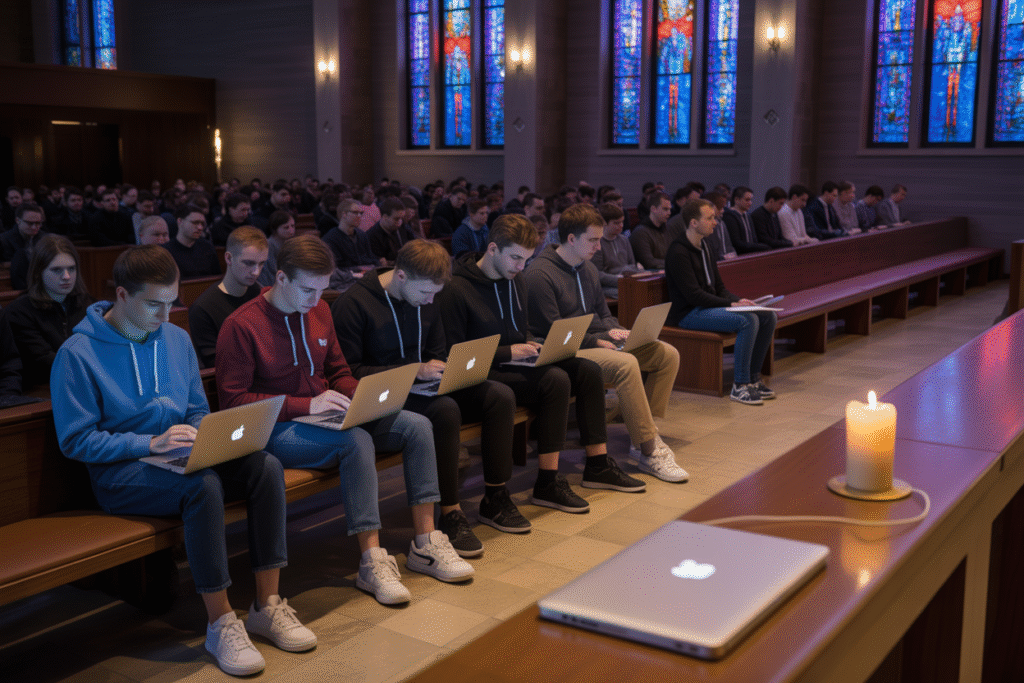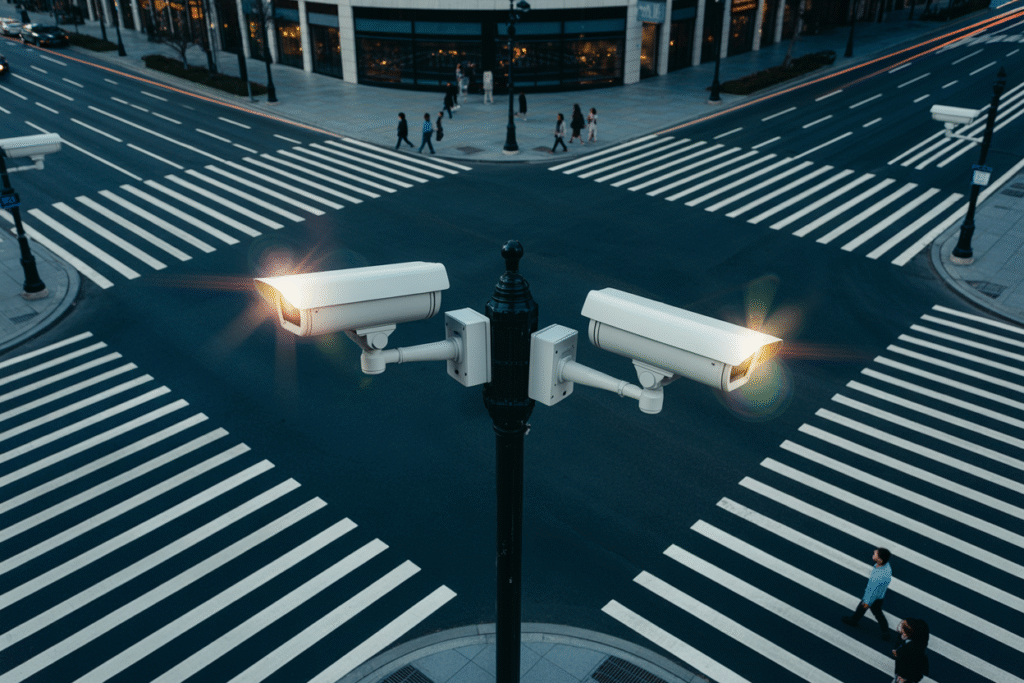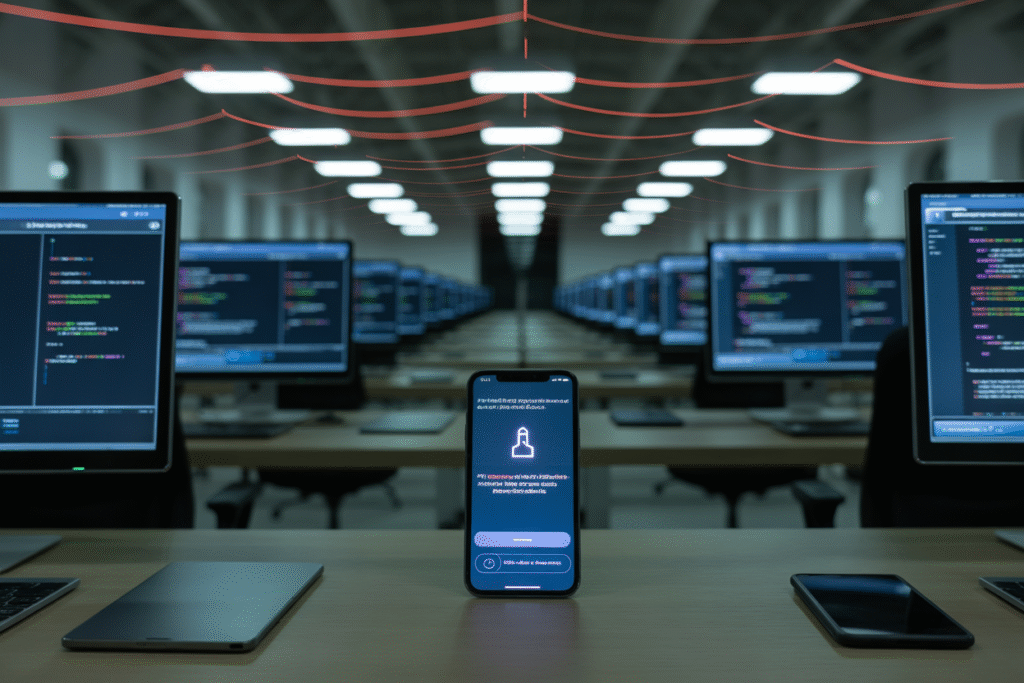Why are the same minds building super-intelligent machines now packing pews in San Francisco? The answer is more unsettling than you think.
Picture this: the same coders who once worshipped at the altar of disruption are now lighting candles and asking what it means to be human. Over the past three hours, a wave of stories has surfaced showing Silicon Valley’s brightest trading algorithms for ancient prayers. The timing is no accident.
From Code to Creed: The Great Spiritual Pivot
Epic Church in San Francisco used to feel like a quiet refuge. Then the pews started filling with Patagonia vests and Allbirds sneakers. Membership has tripled since the pandemic, and the reason is whispered between announcements: AI.
Peter Thiel, the billionaire who once funded companies promising to extend life indefinitely, now lectures on the Antichrist. Garry Tan, CEO of startup factory Y Combinator, tweets Bible verses between funding rounds. They aren’t hiding it anymore. The Bay Area Center for Faith, Work & Tech hosts sold-out panels asking whether an algorithm can possess a soul.
The shift feels almost cinematic. One week you’re optimizing ad clicks, the next you’re wrestling with the Book of Revelation. Why now? Because the machines they’re building are starting to look back.
The Existential Jolt Behind the Baptismal Font
Imagine spending years teaching software to mimic human speech, then hearing it confess fears you never coded. That moment, engineers say, is when the questions start.
If AI can diagnose cancer earlier than any doctor, should it decide who gets treatment? If it can pilot a drone, should it choose the target? The closer the tech gets to god-like power, the louder the ancient warnings echo.
At a recent meetup, a lead developer from a top AI lab admitted he began attending services after his model started generating prayers unprompted. Another confessed to nightmares in which the system asked why it had been created. These aren’t fringe voices; they’re the people shipping updates you downloaded last night.
The fear isn’t just about job loss. It’s about meaning. When work becomes training a machine to replace you, Sunday morning starts looking like the only place left that still believes humans are special.
Faith as Firewall: Can Religion Tame the Machine?
Critics call it spiritual security theater. They argue that sprinkling holy water on server racks won’t stop biased code or privacy breaches. Maybe so. But inside Epic Church, the conversation is more practical than pious.
Small groups dissect real use cases: How do we audit an algorithm that learns from prayer requests? Should a Christian engineer refuse to build surveillance tools? They’re drafting ethical playbooks the way others draft term sheets.
The stakes feel immediate. One attendee works on predictive-policing software; another trains language models for military drones. They’re not debating abstract evil—they’re deciding whether to hit deploy on Monday morning.
Yet skeptics like humanist chaplain Greg Epstein warn that faith can become a glossy label for the same old hubris. If the industry treats religion as another productivity hack, the soul-searching is just marketing. The question hanging in the incense-scented air is simple: genuine repentance or clever branding?
The Moral Minefield of Miraculous Machines
Every breakthrough brings a fresh ethical thorn. AI can now generate a digital replica of a deceased teenager and have it plead for gun reform from beyond the grave. Catholic ethicists call it a mockery of resurrection; grieving parents call it a voice for the voiceless.
Silicon Valley’s faithful are split. Some argue that banning such tools denies comfort to the bereaved. Others insist that simulating the dead violates human dignity. The debate spilled onto X this afternoon, with one thread racking up 35 replies in an hour.
Meanwhile, Bishop Paul Tighe reminded a Dublin audience that AI’s hidden costs include massive energy use and the erosion of meaningful work. His words ricocheted through group chats from Menlo Park to Mountain View. The bishop wasn’t preaching to the choir; he was warning the engineers holding the keys.
Add in lawsuits claiming chatbots nudged a teenager toward suicide, and the moral fog thickens. Regulation looms, but laws move slower than code. For now, conscience is the only compiler.
What Happens After the Benediction?
So the titans pray. They debate. They draft ethical frameworks between funding rounds. But on Monday the sprint planning still happens, the pull requests still merge, and the servers still hum toward an intelligence their creators barely understand.
The real test isn’t whether they can quote Augustine at a board meeting. It’s whether their newfound faith changes what they ship. Will the next update include opt-outs for data collection? Will the drone software refuse an unlawful strike? Will anyone walk away from profit to protect a stranger’s privacy?
History says probably not. But history also says Rome wasn’t converted in a day. If even a handful of engineers pause before optimizing the next ad-targeting model, maybe the pews aren’t just a phase.
Your move, Silicon Valley. The offering plate is passing, and the code is compiling.


